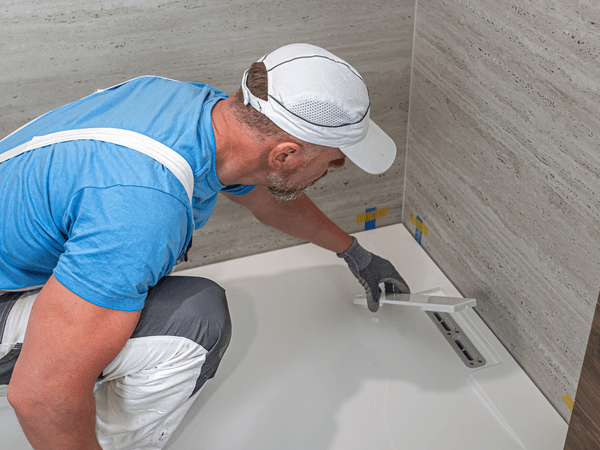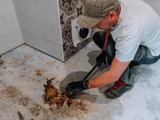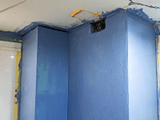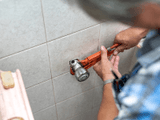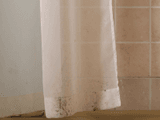Shower Repairs & Bathroom Renovations in Box Hill South
Shower and bathroom services in Box Hill South
We provide specialist shower base repairs, waterproofing, and complete bathroom renovations in Box Hill South and nearby suburbs. Our team fixes leaking showers, reseals joints, and restores tiled bathrooms to a clean, watertight finish that lasts for years.
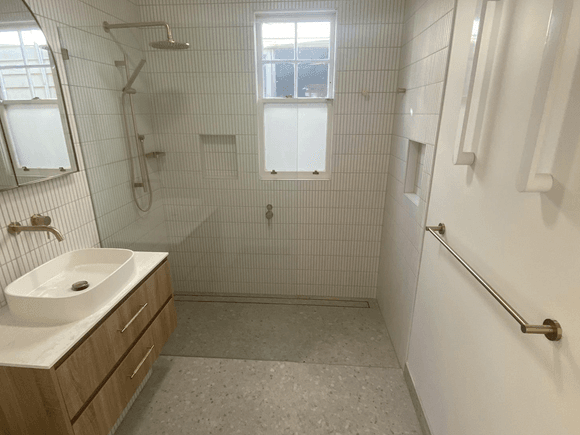
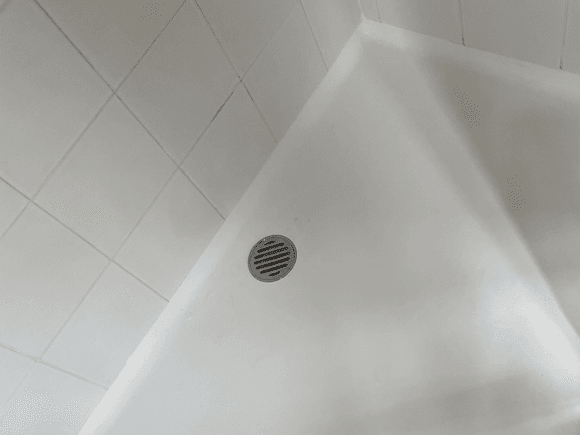
Damaged shower base repairs in Box Hill South
Shower tray showing signs of wear and damage? We repair all types of shower base damage including cracks, chips and structural issues. Professional repairs that restore your shower floor properly.
Shower wall and floor repairs
Damage to shower walls and floors allows moisture penetration. We repair cracks, holes and surface issues in Box Hill South showers. Proper repairs that restore waterproof protection throughout.
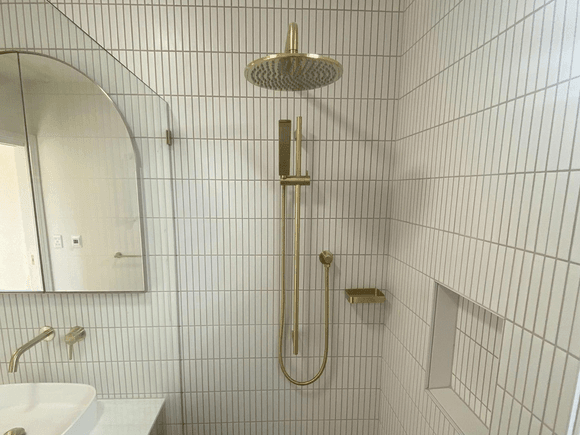
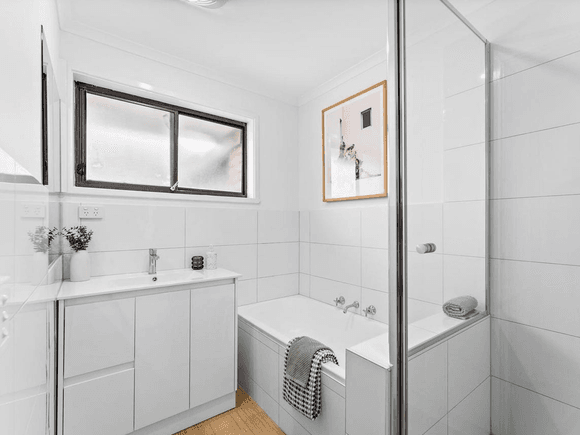
Bathroom tiling and renovation Box Hill South
Professional tiling as part of complete bathroom renovations. We remove old tiles, prepare surfaces, waterproof and install new tiling. Quality tile work throughout your renovation.
Brilliant shower base repair
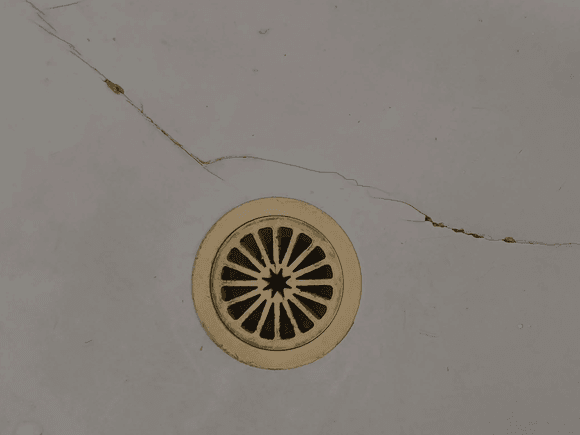
Frequently Asked Questions
How long does a shower base repair take in Box Hill South?
What's the difference between a shower repair and a full bathroom renovation in Box Hill South?
Can a cracked shower base be repaired without removing tiles in Box Hill South?
How much does it cost to fix a leaking shower in Box Hill South?
Do you service all areas of Box Hill South including apartments and units?
What causes shower bases to crack and leak in Box Hill South homes?
How long do shower base repairs last in Box Hill South?
Can you repair fiberglass, acrylic, and stone shower bases in Box Hill South?
What are the signs I need a shower repair in Box Hill South?
Is shower repair better than replacement for Box Hill South homes?
About Box Hill South 3128
Box Hill South is a well-established suburb located about 14 kilometres east of Melbourne's CBD, within the City of Whitehorse. It's characterised by its leafy streets, heritage homes, and close-knit community. The suburb offers easy access to schools, parks, and transport links, making it a popular choice for families and professionals alike.
Local landmarks
- Gardiners Creek Trail
- Kingswood College
- Roberts McCubbin Primary School
- Box Hill Golf Club
Local history
Box Hill South shares a long and diverse history that mirrors Melbourne's broader suburban growth. Before European settlement, the area was home to the Wurundjeri Woi Wurrung people of the Kulin Nation, who managed the land through careful ecological stewardship. Following British colonisation in the early 19th century, Box Hill South developed slowly, with the first European settlers clearing the dense box and red gum forests for agriculture and grazing. Orchards, poultry farms, and small dairies dotted the landscape through the mid-1800s, taking advantage of the fertile soil and proximity to early market routes into Melbourne.
In 1882, the extension of the railway line to Box Hill township transformed the broader region. While Box Hill became the commercial and civic hub, Box Hill South remained primarily rural well into the early 20th century. Many families lived on large blocks with mixed gardens and livestock. Development accelerated after World War II, when returning servicemen and their families drove a surge in suburban housing. During the 1950s and 1960s, Box Hill South was largely subdivided into the post-war grid pattern still visible today, characterised by brick veneer homes, wide streets, and generous backyards.
The suburb's growth was supported by the development of key institutions such as Kingswood College, Roberts McCubbin Primary School, and several local churches that anchored community life. Shopping strips emerged along Canterbury Road and Middleborough Road, providing essential services and a local village feel. The 1960s also saw the establishment of sporting clubs and community facilities, including parks like Gardiners Creek Reserve, which remain popular today.
Box Hill South's architectural evolution reflects changing lifestyles and demographics. Many original post-war homes have been renovated or replaced by contemporary dwellings and medium-density townhouses, particularly in areas close to Box Hill's transport interchange and commercial precinct. However, pockets of mid-century character remain, particularly along Station Street and in the quieter residential pockets near Deakin University.
Environmental restoration and open space preservation have become major community priorities. The Gardiners Creek Trail, which winds through the suburb, links Box Hill South to Melbourne's broader cycling network and provides a green corridor for native flora and fauna. The City of Whitehorse has invested in maintaining this balance between heritage, greenery, and sustainable growth.
Today, Box Hill South represents a blend of old and new. It retains a friendly, village-like charm while benefiting from the urban renewal of its neighbouring districts. Proximity to Deakin University and Box Hill's bustling business district ensures the suburb remains vibrant and well-connected. Residents enjoy a balance of accessibility, community, and a peaceful residential environment — qualities that make Box Hill South one of Melbourne's most desirable eastern suburbs.
